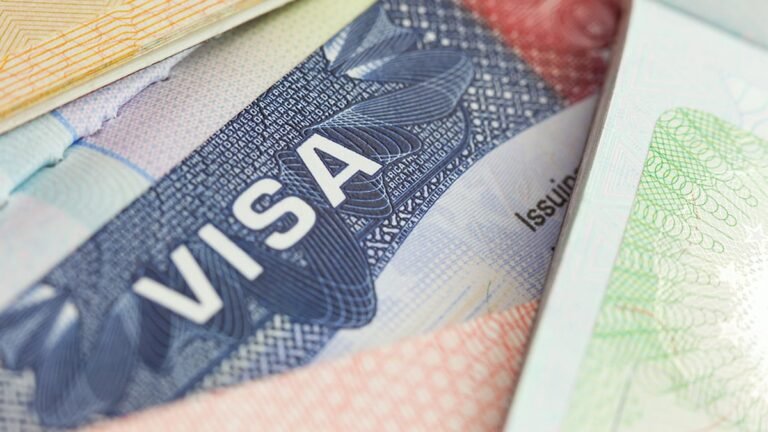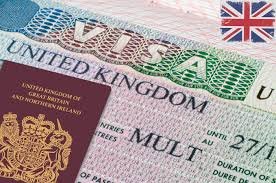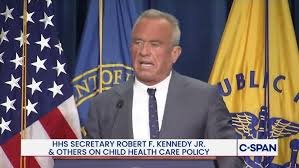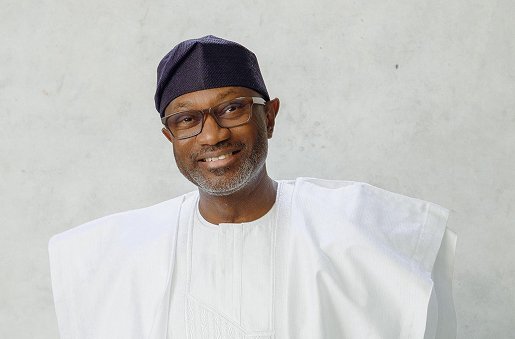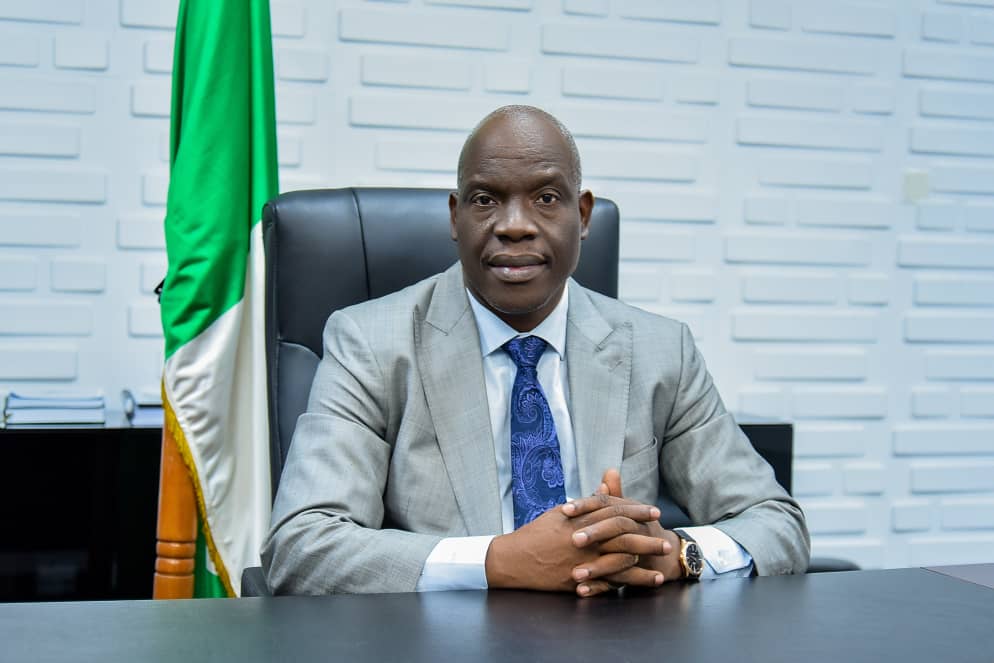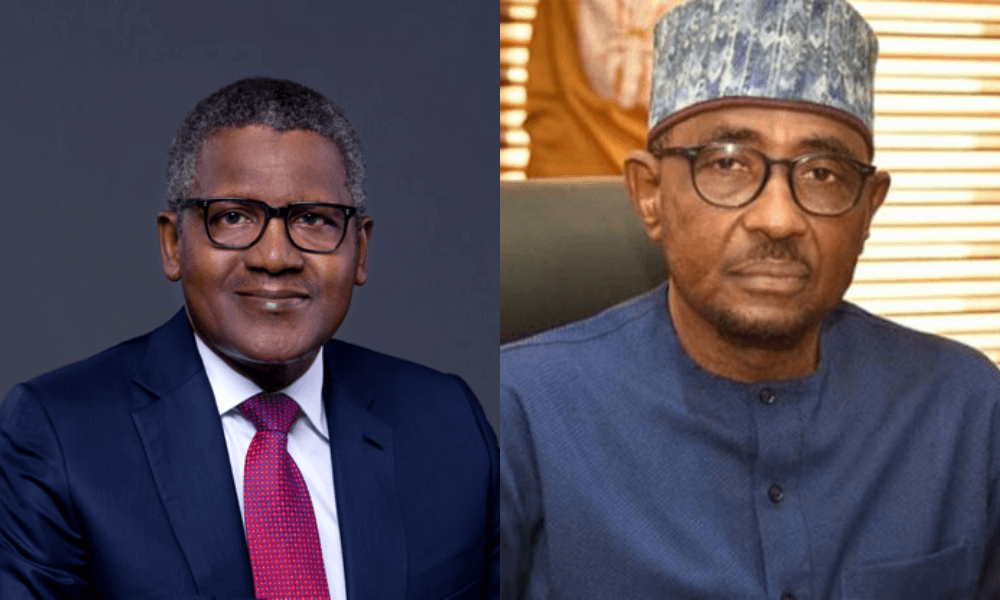Nigeria’s inflation slowed for the fifth straight month, dropping to 20.12% in August from 21.88% in July, according to the National Bureau of Statistics.
Economist Alfred Rewane, CEO of Financial Derivatives Company Limited, attributes this inflation moderation to several key factors during a recent interview on Arise News.
He described the moderation as “unexpected in magnitude,” citing both technical adjustments and real market factors.
Also Read:
- Arbiterz Jobs: African Development Bank Group, Palladium, Mastercard, Jumia
- Arbiterz Jobs: The African Union, IHS Towers, Achieving Health Nigeria Initiative, Wema…
- Arbiterz Jobs: Standard Chartered Bank, Palladium, The Coca-Cola Company, others
- Arbiterz Jobs: MasterCard, Sanofi, Unilevel Nigeria, others
Naira Gains Strength in Parallel Market
Rewane highlighted the naira’s recovery as a key driver, noting, “This time last year, the exchange rate was N1,625. Today it is N1,523 in the parallel market.”
Currency appreciation, he said, helped ease import costs and supported disinflation across the economy.
Pump Prices and Energy Costs Ease
The economist pointed to fuel price reductions as another factor lowering inflationary pressure. “At this time last year, PMS was about 1,200 per liter, and now it’s about 841 per liter,” he explained, adding that diesel costs have also dropped, cutting logistics and transport expenses.
Monetary Policy Tightening Bites
Rewane stressed that reduced money supply growth played a critical role in easing inflation. “Money supply is the engine that drives inflation, and growth has come down to about 15.8% from as high as 25% last year,” he said, noting tighter Central Bank policies and higher interest rates.
Harvest Season Brings Relief
Agricultural output provided further relief, with good weather supporting lower food prices. Rewane observed that staples such as rice fell from ₦88,000 to ₦80,000 per bag, gari dropped from ₦40,000 to ₦28,000, and eggs declined 16% to ₦5,000 per crate.
Consumer Basket Reconstitution
Inflation numbers were also influenced by a technical rebasing of the consumer basket. “Food used to be 54% of spending, but now it has been reduced to 44%,” Rewane explained, adding that this reconstitution reflects changing consumption patterns like increased spending on communication and digital services.
Mixed Picture for Household Prices
Despite aggregate improvements, price changes have not been uniform across commodities. While beans rose 53% to ₦75,000 and tomatoes jumped from ₦50,000 to ₦75,000, wheat flour remained flat, and yam prices also climbed.
Disinflation Versus Deflation
Rewane cautioned that falling inflation does not mean goods are cheaper across the board. “Inflation measures the rate of increase in prices; disinflation is slowing inflation, not deflation, where prices actually fall,” he explained, warning that many Nigerians still feel household expenses are rising.
The economist underscored the tension between government revenue goals and inflation control. He explained that while subsidy removal and higher tax intake have boosted government revenue, “the impact of that expenditure is not directed and targeted at the right people.”
The Road Ahead for Inflation
Looking forward, Rewane warned that external risks like oil prices falling to $60 a barrel could trigger fiscal deficits and reverse gains. Still, he maintained that “inflation is going to moderate” if currency stability, energy supply improvements, and agricultural output persist.
Structural Fixes Needed for Growth
Rewane dismissed political pronouncements as ineffective in reducing costs, stressing instead the need for productivity-driven solutions. “Prices only go down when the cost of production goes down,” he said, highlighting power supply as Nigeria’s most urgent bottleneck.
Big Picture: $1 Trillion Ambition
President Tinubu’s target of a $1 trillion economy by 2030 is achievable only with 8–9% annual growth, Rewane argued. He called it “a big ask” that requires an industrial revolution, power sector reform, and major infrastructure concessions.
To improve household welfare, Rewane outlined four priorities: stabilizing the currency, transforming power supply, accelerating road concessions, and improving education. “At the end of the day, it’s the people that own the country, and they are the ones we all account to,” he concluded.












